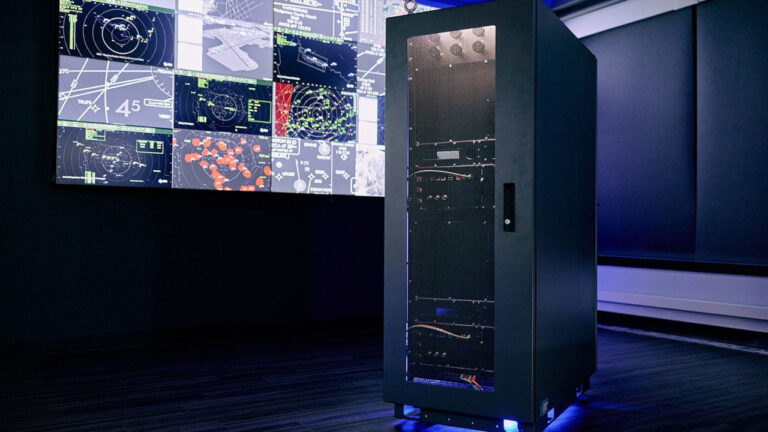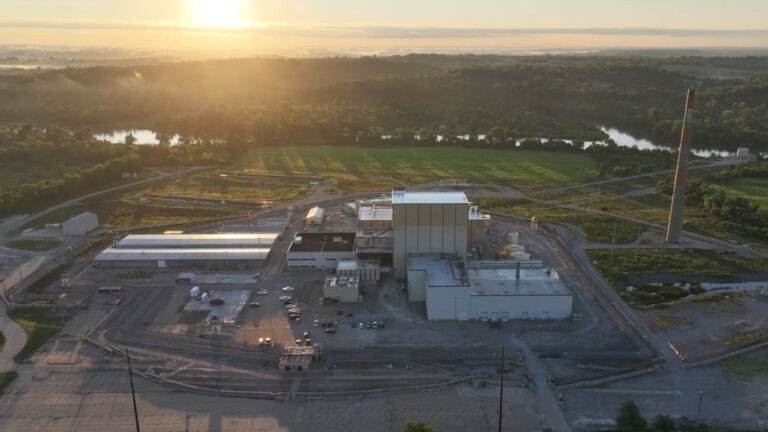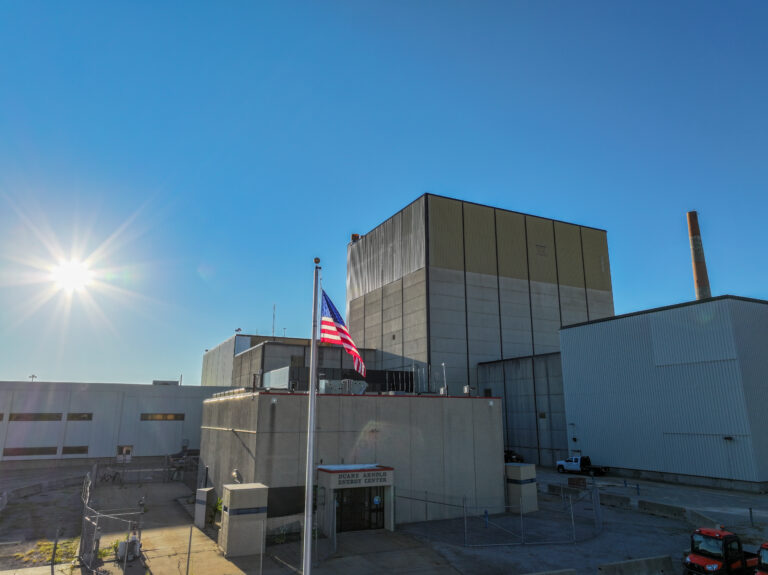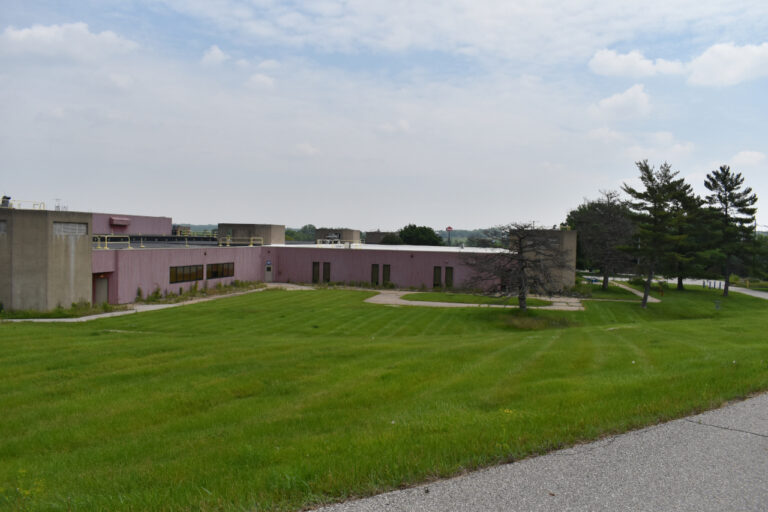Two assistant professors in the University of Iowa’s Department of Computer Science have received the National Science Foundation’s prestigious CAREER awards, a recognition that includes a five-year research grant to support their innovative work.
According to a release, Bijaya Adhikari and Guanpeng Li, both faculty members in the College of Liberal Arts and Sciences, will receive nearly $1.2 million combined to advance research in health care-associated infections and high-performance computing resilience, respectively.
Fighting health care-associated infections
Mr. Adhikari has been awarded $599,783 to develop computational tools aimed at identifying the most effective strategies to prevent and contain HAIs, which are infections acquired in medical settings. According to the Centers for Disease Control and Prevention, approximately one in 31 hospital patients has an HAI at any given time, costing the U.S. healthcare system billions of dollars annually.

Mr. Adhikari’s research will leverage medical records to build algorithms that will assess HAI risks in real-time, enabling health care providers to make informed decisions. His work could lead to the development of software or an online platform accessible to medical professionals within health care facilities.
“For example, health care workers need to decide which patient to move to an isolation room to reduce the total number of infections in the ward, or they might need to cluster patients into bubbles, similar to what was done during COVID-19.” Mr. Adhikari said. “We pose these questions as computational problems and look for algorithmic solutions with some guarantees. We aim to design these algorithms to work in real-time as patients are admitted and discharged.”
His research also aims to predict future infections and detect hidden or symptomless cases through machine learning.
“If a health care provider touches a contaminated surface and then touches a patient, the pathogen can spread,” Mr. Adhikari said. “By predicting such events, we can design better intervention strategies.”
Enhancing high-performance computing resilience
Mr. Li has been awarded $590,074 for his work in strengthening HPC systems against soft errors – temporary hardware faults caused by external factors such as cosmic rays or electrical noise. These errors, which occur at least hourly in modern HPC systems, can lead to costly miscalculations.

Mr. Li’s project will focus on developing software tools to detect and mitigate soft errors before they impact computations. His team will analyze how these errors spread through HPC systems, reinforcing vulnerable parts of the code to enhance system dependability.
“Imagine using a GPS navigation system for a long road trip,” Mr. Li said. “If a cosmic ray causes a soft error, it could alter a single calculation, causing the GPS to incorrectly estimate the remaining distance or suggest a wrong turn. In the context of HPC, this could mean an error in a weather prediction model that leads to incorrect forecasts or a mistake in drug simulation data that could delay the discovery of a life-saving treatment.”
By improving HPC reliability, Mr. Li’s research could significantly enhance the accuracy of weather forecasting, accelerate drug discoveries, and improve engineering designs in industries such as aerospace and automotive manufacturing.
“By making HPC systems more dependable, our work ensures that society continues to benefit from advancements in science, technology, and everyday applications,” Mr. Li said.








